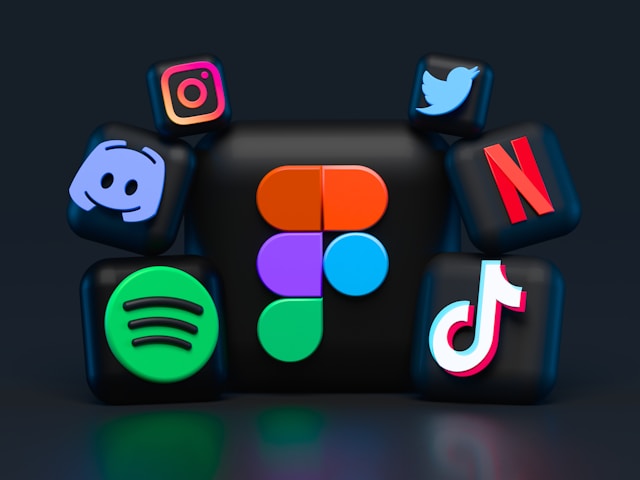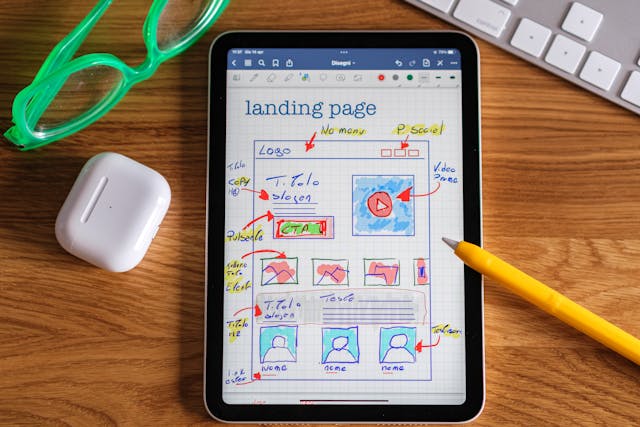
The Rise of Social Media
Connecting the World: Facebook's Global Impact
In February 2004, from the confines of his Harvard dorm room, Mark Zuckerberg launched "The Facebook," a social networking site initially limited to college students. Little did he know that this project would evolve into a global phenomenon that would reshape human interaction in the digital age.
Key Features and Their Evolution:
- - User Profiles: Initially simple pages with basic information, profiles evolved to become digital representations of individuals, including detailed personal information, photos, and life events.
- - Friend Connections: The core of Facebook's "social graph," this feature allowed users to connect with others and see their updates. It later expanded to include different levels of connections like "Close Friends" and "Acquaintances."
- - The News Feed: Introduced in 2006, this feature aggregated updates from a user's network into a single stream. It revolutionized how people consumed social information and became the primary battleground for user attention.
- - Like Button: Launched in 2009, this simple feature became iconic. It provided an easy way for users to interact with content and became a valuable data point for Facebook's algorithms.
Technical Innovations:
- - EdgeRank Algorithm: Facebook's system for determining what content appears in a user's News Feed, later evolving into a more complex machine learning model.
- - Open Graph Protocol: Allowed external websites to integrate with Facebook, expanding its reach across the internet.
- - Real-time Updates: Implemented technologies like Ajax and later React.js to provide instant updates without page reloads.
Facebook's rapid growth was unprecedented. By 2012, it had reached 1 billion active users. As of 2021, it boasts over 2.8 billion monthly active users, making it the largest social network worldwide.
The platform's success paved the way for numerous other social media sites and apps, creating a new digital landscape. Concepts like "viral content," "influencers," and "social media marketing" became part of our everyday lexicon.
Impact on Society:
- - Communication: Facebook changed how people stay in touch, making it easier to maintain connections across vast distances.
- - Information Sharing: It became a primary news source for many, though this also led to challenges with misinformation.
- - Digital Identity: Our Facebook profiles became extensions of our real-world identities, blurring the lines between online and offline life.
- - Privacy Concerns: Facebook's use of user data has sparked ongoing debates about digital privacy and data ownership.
- - Political Influence: The platform has played a significant role in political movements and elections worldwide, sometimes controversially.
Today, Facebook (now under the parent company Meta) continues to shape global communication. Its influence extends beyond its core platform to include Instagram, WhatsApp, and ventures into virtual reality.
The rise of Facebook and social media at large has fundamentally altered how we interact, consume information, and perceive the world around us. It stands as one of the most transformative technological breakthroughs of our time, with impacts that continue to unfold.






(0) Comment